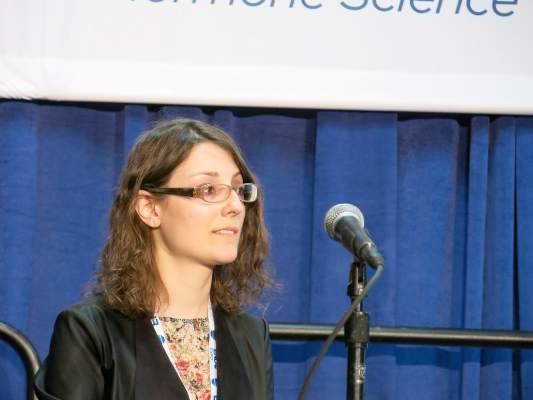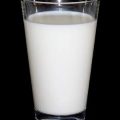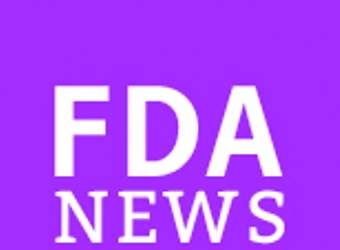AT ENDO 2017
ORLANDO (FRONTLINE MEDICAL NEWS) – Elevated serum levels of free T4 are associated with a greater risk of atherosclerotic events and, in some cases, death, among adults in their 60s, Arjola Bano, MD, said at a press briefing at the annual meeting of the Endocrine Society.
Earlier research has shown that high FT4 levels are associated with a greater likelihood of development of atherosclerosis. But no one has looked beyond that to see if an excess of FT4 can change the course of the disease.
To answer these questions, Dr. Bano, a doctoral student as well as a physician at Erasmus Medical Center in Rotterdam, The Netherlands, and her associates followed a cohort of 9,231 participants in the prospective population-based Rotterdam Study for a mean of 8.8 years. The investigators collected data on TSH, FT4, atherosclerotic cardiovascular (ASCV) morbidity and mortality. ASCV events were defined as fatal and nonfatal myocardial infarctions, other CHD mortality, and stroke.
The investigators used electron beam computed tomography to measure coronary artery calcification. Confounders such as age, sex, smoking, alcohol intake, body mass index, total cholesterol, triglycerides, systolic blood pressure, diabetes, and use of anti-hypertension or lipid lowering medications were controlled for using multivariable-adjusted Cox proportional and logistic regression models.
Dr. Bano reported that during a median follow-up of 8.8 years (range, 4.5-11.8 years), there were 580 ASCV deaths and 1,130 first-time hard ASCV events. The risk of ASCV mortality increased with higher FT4 levels (HR, 2.35; confidence interval, 1.61-3.41 per 1 ng/dl) and lower TSH levels (HR, 0.92; CI, 0.84-1.00 per 1 logTSH), predominantly among participants with prevalent ASCV disease (HR, 5.76; CI, 2.79-11.89 for FT4; HR, 0.81; CI, 0.69-0.95 for TSH).
In addition, higher FT4 levels were associated with higher risk of first-time hard ASCV event (HR, 1.87; CI, 1.34-2.59). Also, FT4 levels were positively associated with having a high CAC score (OR, 2.34; CI, 1.36-4.04).
It is notewothy that results remained similar after restricting the analyses to participants with thyroid function within reference ranges, she stressed.
How to explain these findings? These data suggest that the link between thyroid function and atherosclerosis is mediated through yet unexplored cardiovascular risk factors or via alternative pathways.
Dr. Bano and her associates all report that they have no relevant financial conflicts of interest.






